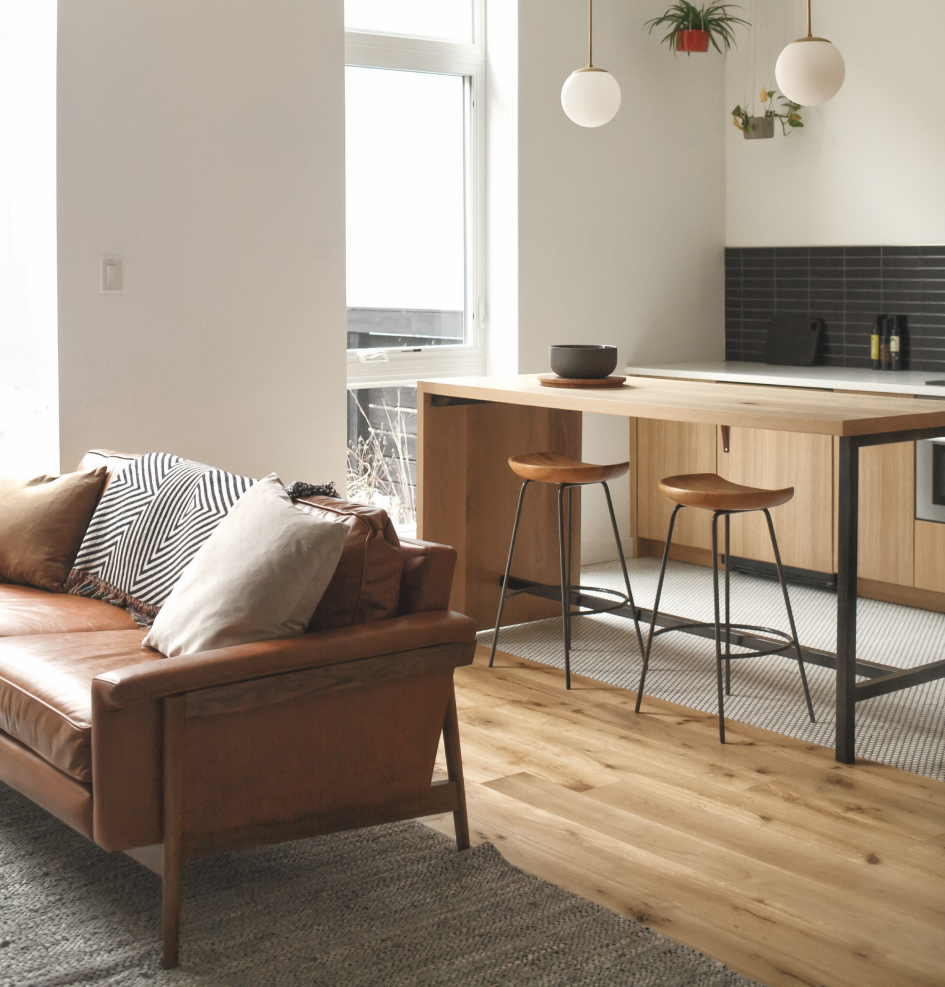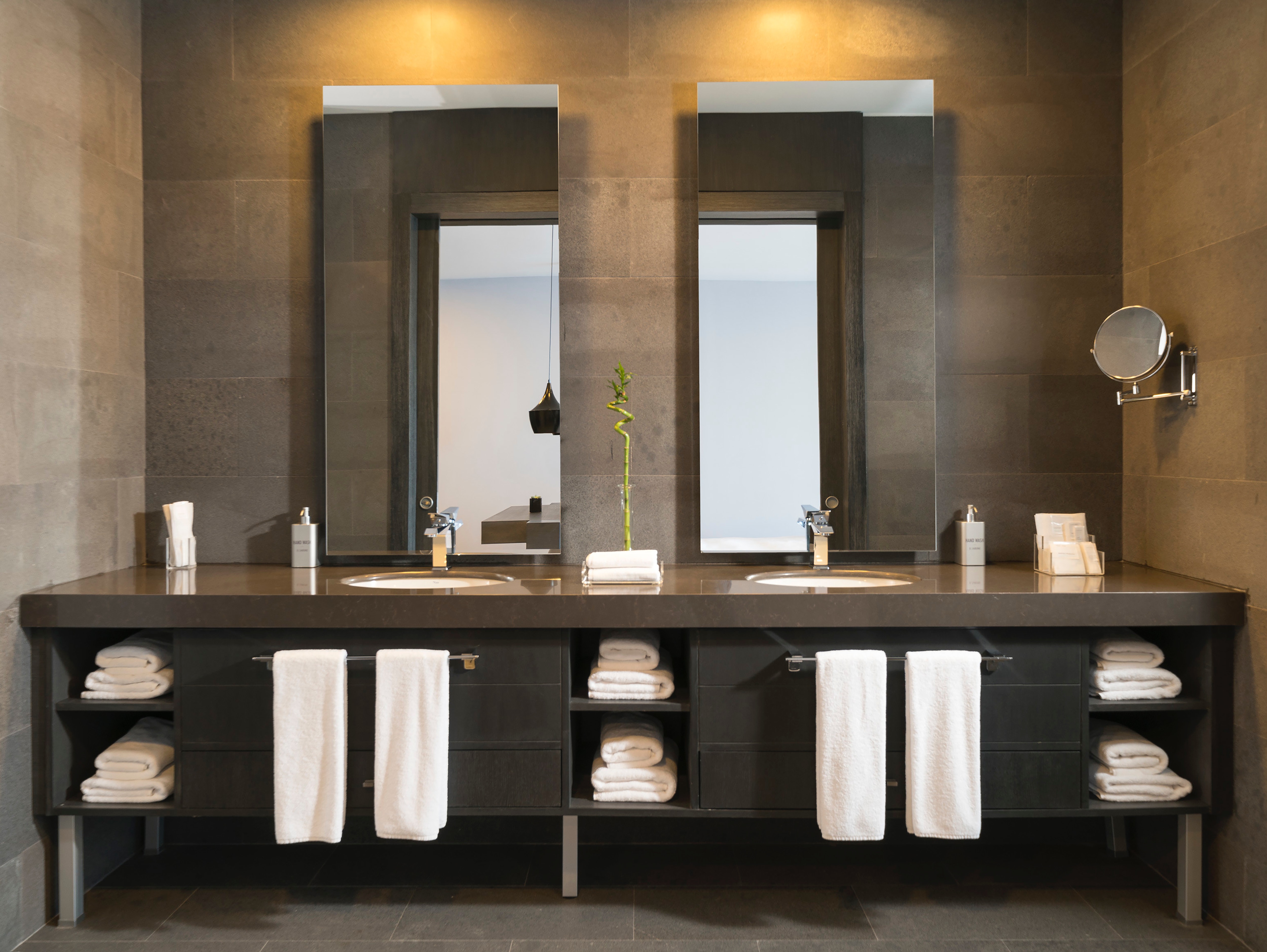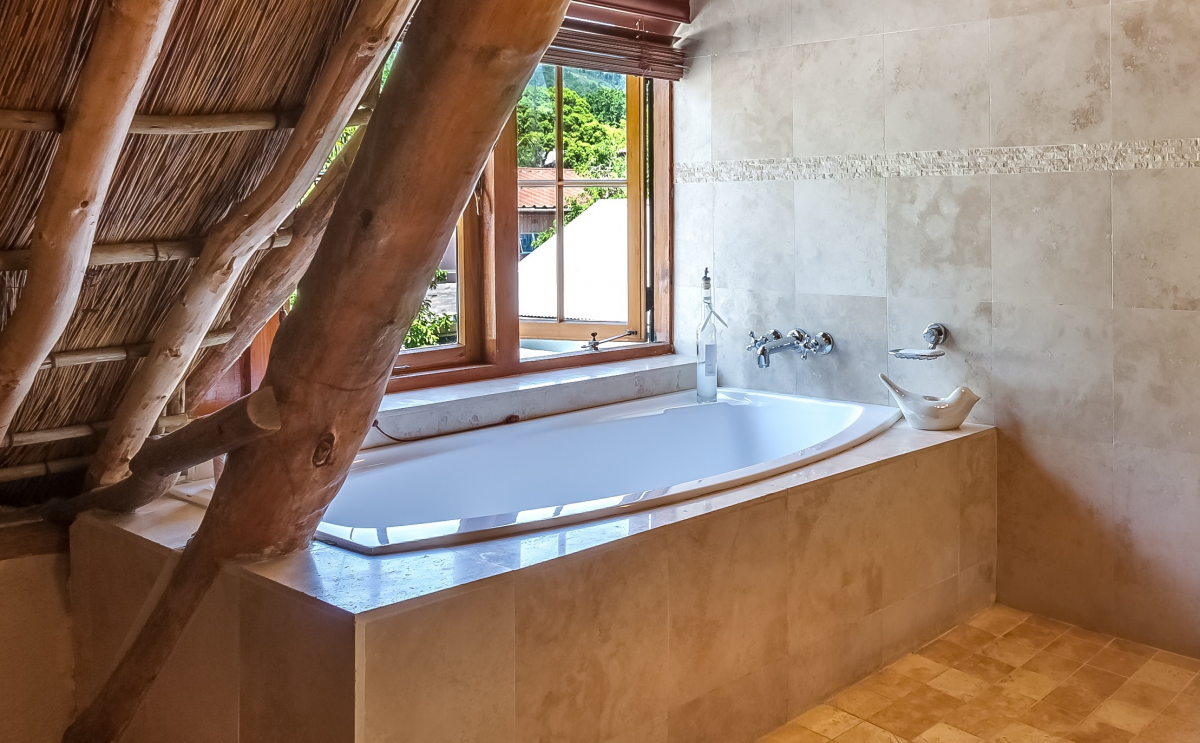- About
- Services
-

-
Construction and renovation
- Architecture and design
- Salt and mold elimination
- Facade insulation
- Underfloor heating
- Decorative finish
- Laying of ceramic tiles
Laying of ceramic tiles
Facing walls and floors with ceramic tiles is a complex process that requires special skills. Much depends on how accurately and efficiently the installation will be carried out - unprofessional work will spoil the appearance of even the most exclusive and expensive tiles.
Laying
Ceramic tiles
from 25 EUR/m2
Next
Best solution
Tiles are the most hygienic finishing material. It is ideal in the kitchen, living room and bathrooms – i.e. rooms where a water-resistant and easy-to-clean coating is essential.
When choosing a tile, pay attention to its compliance with the place of use. Please note that ceramic tiles are divided into three main types: for internal floor and wall coverings, for external walls, and for swimming pools.
Principle of operation
Preparatory work for laying tiles on the wall or floor begins with the alignment of corners and walls, which is necessary to achieve a good result.
Most often 3 main options are used for laying: seam-to-seam, split (with offset) and diagonally. Such solutions are suitable for both rectangular and square tiles.
For maximum symmetry of tile laying on the floor, work begins from the center of the floor or from the corner of the room farthest from the door.
A modular grid is a repetitive, non-uniform pattern of tiles of different shapes and colors. This requires preliminary preparation of the calculation and design of the drawing. There are also ready-made collections of tile sets for modular laying with diagrams.

Characteristics
Wear strength
from 1 to 5 degree on the PEI scale
Surface hardness
from 1 to 10 on the Mohs scale
Chemical resistance
from class AA to D
Why use ceramic tiles?

Ceramic tiles are one of the most popular building materials that are always relevant. Love for facing ceramics is due to the fact that it is more environmentally friendly and durable than the most other solutions.
Strength
Tiles are very strong materials that can withstand loads of tens of thousands of tons per square meter.
Reliability
Tile has a very high stiffness index, due to this it does not deform. The greater the thickness of the tile fragments, the more stable it is.
Security
The material does not burn, and when heated it does not emit any harmful substances, so it is ideal for lining stoves and fireplaces.
Practicality
Tiles do not conduct electric current, do not lose color from sunlight and do not break when contact with chemicals.
Beauty and convenience
Ceramic tiles are easy to clean. They retain their decorative properties for many years.
Thank you, we received your message and will contact you shortly.
- Architecture and design


